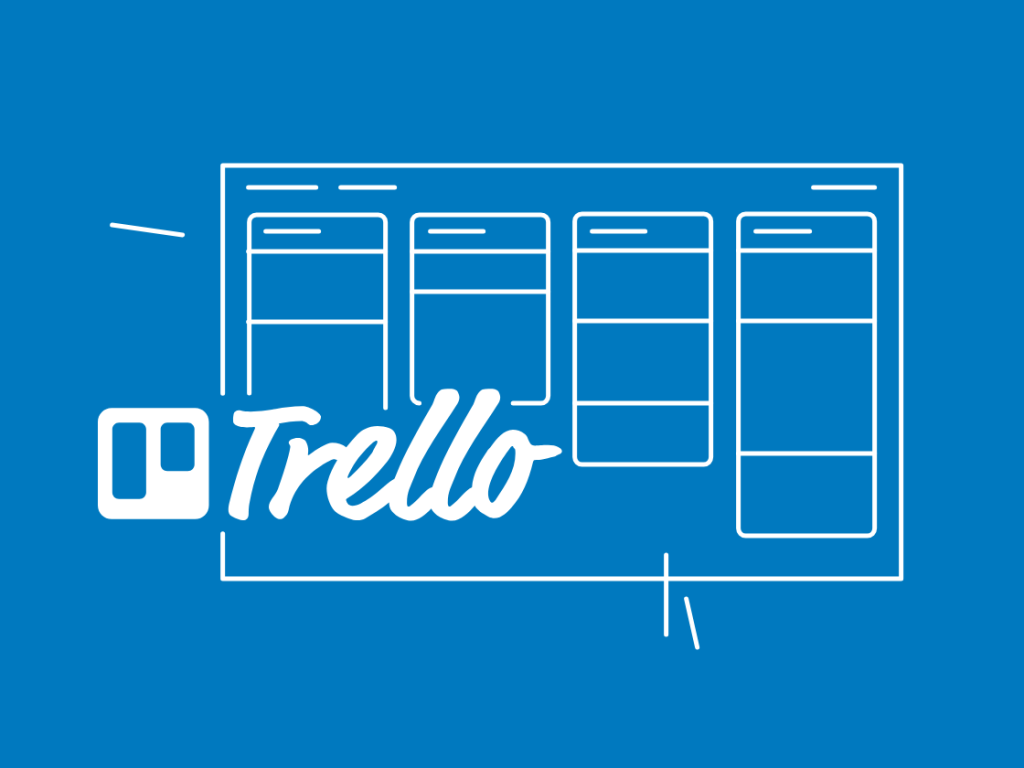Five Best Node.js Business Applications


With its speed, scalability, and flexibility, Node.js has become a potent platform for creating corporate applications. Node.js has transformed how companies create and implement software solutions with its event-driven, non-blocking I/O approach and wide-ranging package ecosystem. Today, we look at actual instances of businesses using Node.js to create creative and reliable apps that power their digital transformation.
The Node.js Application: What Is It?
Based on Chrome’s JavaScript engine, Node.js is a framework for building rapid and scalable network applications. It is suitable for data-intensive, real-time applications that run across scattered devices since it is lightweight and efficient. It utilizes an event-driven, non-blocking I/O approach.
Applications that need a constant connection from the browser to the server are known as node applications. Additionally, they relate to real-time programs like chat or online push alerts. A Node.js consultancy can help you create scalable solutions, optimize performance, and ensure best practices throughout the development process, allowing you to unleash the true power of Node.js for your organization.
Business Applications Developed with Node.js
Netflix


As a major worldwide streaming company, Netflix manages enormous amounts of data while simultaneously providing service to millions of consumers. Netflix primarily relies on Node.js to achieve these strict criteria. Because of the Node.js foundation of their server-side architecture, they can manage millions of concurrent connections and provide customized user experiences in real time.
Netflix can effectively manage content distribution, enhance speed, and scale its service to handle its rapidly expanding user base by utilizing Node.js’s event-driven design.
Uber


Uber is a fast-growing internet platform that connects clients in need of transportation with taxi drivers. Over the past two years, the firm has been roughly doubling in size every six months. The company’s key worry is its ability to process data; therefore, Uber needed a cross-platform technical solution that was incredibly quick and scalable and could manage the massive volume of notifications and requests. To build its comprehensive matching system, the company discovered the appropriate solution in Node.js.
Walmart


One of the biggest stores in the world, Walmart, embraced Node.js to update its website and enhance the user experience. Walmart improved the user navigation of their online shop by using Node.js to achieve quicker page load times. It can handle high traffic levels during busy shopping seasons without sacrificing speed by utilizing the scalability of Node.js. Walmart is also able to include several services, such as inventory management and fulfillment systems, into a unified and dynamic application thanks to the event-driven design of Node.js.
Trello


Trello is a project management powerhouse that has gained the confidence of more than 50 million people worldwide. It’s a virtual collaboration environment where concepts come to life and project duties are easily managed.
Trello made a deliberate decision to use Node.js. Instead, the need to efficiently handle several concurrent requests in real-time drove this strategic choice. Node.js turned out to be the ideal tool for this job because of its event-driven, non-blocking I/O style. This software behemoth utilized all of its strengths to significantly improve its prototype tools and went beyond simply creating a single-page application using Node.js.
PayPal


Node.js was used by PayPal, a well-known online payment system, to boost developer productivity and application speed. PayPal improved the customer experience by using Node.js to minimize response times by 35%. With the switch to Node, PayPal was able to streamline its development procedures, quicken the release of new features, and make code maintenance simpler. PayPal was able to manage concurrent connections well because of the non-blocking I/O paradigm of Node.js, which enhanced the overall performance and scalability of their payment systems.
Node.js Usages – Conclusion
Node.js has completely altered the process of creating enterprise applications, enabling businesses to develop distinctive, high-performance solutions. The enormous potential in providing real-time capabilities, increasing performance, and accelerating digital transformation is demonstrated through real-world examples from industry heavyweights.
Node.js gives developers the resources they need to build dependable and effective apps that satisfy the needs of contemporary businesses thanks to its event-driven, non-blocking I/O paradigm and wide-ranging package ecosystem. We can anticipate new developments and ground-breaking apps that alter how businesses engage with technology and provide remarkable user experiences as more companies use Node.js.



